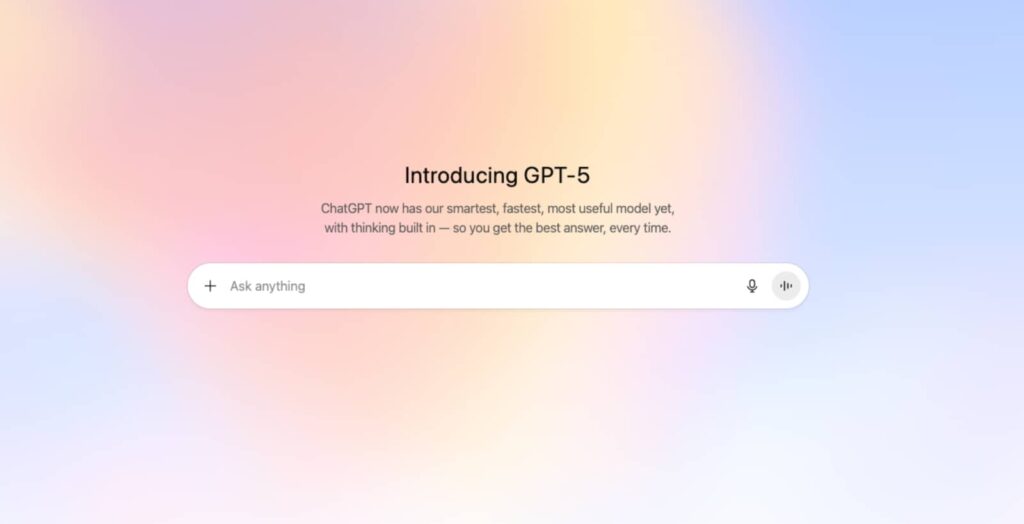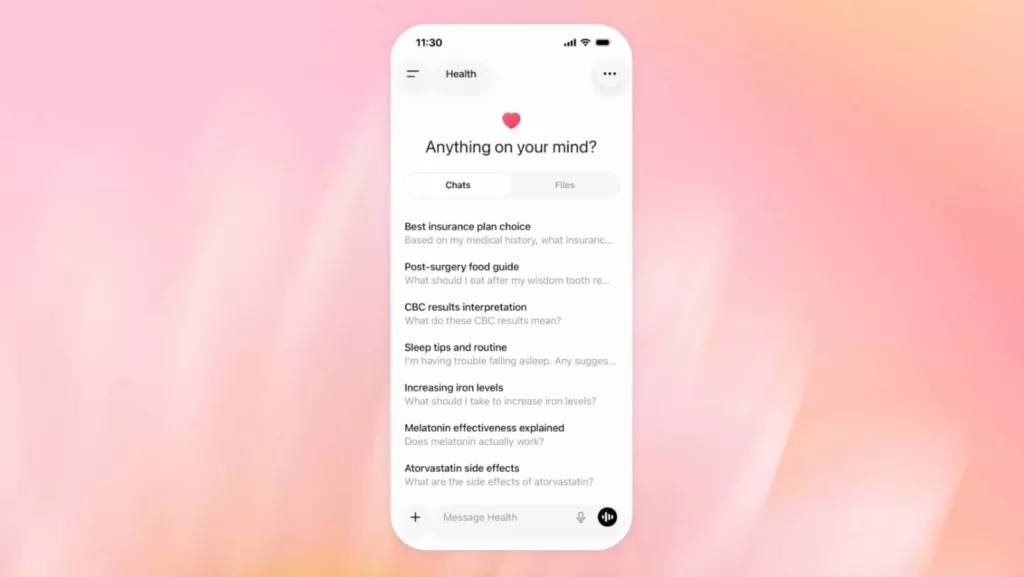Ask any parent what watching a child graduate from being a threenager and fabulous four is like, and they’ll probably roll their eyes a little and be thankful for the next stage in development.
Every stage has positives and negatives, bad times and good times, but the next stage almost always calls for more smarts and more realisations about one’s self, as the little one grows up.
The same might be true for AI, as each model improves a little. Large language models aren’t growing, but they are seeing improvements from a data perspective, even if their power requirements are hitting ridiculous levels and burning through both water supplies and consuming immense amounts of power from the grid.
While those problems are very much aspects the AI industry needs to solve, the maker of ChatGPT appears focused on fixing its model first, with what is arguably the world’s most used AI chatbot hitting version five this week.
Specifically, GPT-5 has launched, with OpenAI calling it “a unified system with a smart, efficient model that answers most questions, a deeper reasoning model”. In regular terms, that means the system has seen new architecture and training to process data as if it was thinking to understand the intent of a query, aiming for less errors and hallucinations and improving in areas.
For instance, GPT-5 has been reworked to improve writing skills, improve automated coding complete with the ability to run sections of code inside its AI system, build better plans, and even understand and talk to health related queries with more accuracy. That’s the idea, anyway, even as parts of the world seek to prevent AI from being used as a therapist.
Given the importance of health specialists in treating health, caution is a good thing from governments, though it may end up being thrown to the wind, as users run to AI to ask it questions, much like they might of Google and search in general.
The changes, however, aim to produce better results overall, with GPT-5 boasting less thinking time compared with another of its thinking models (o3), and an error rate OpenAI says is lower overall, with roughly 45 percent less likely to produce an error compared to the previous GPT-4o model.
That’s not to say ChatGPT-5 won’t make errors — it likely still will; hallucinations exist when the AI model lacks a coherent reason or answer, and yet needs to provide something — but OpenAI says the errors are less likely compared to older models.
However, OpenAI says that honest has improved alongside factuality in GPT-5, suggesting it might actually note when it doesn’t have an answer.
We’ll have to see for ourselves, and you likely will, too, with GPT-5 becoming the default model for users in ChatGPT, while paid users will see access to GPT-5 Pro, too. And for folks who use a lot of ChatGPT for free, they’ll be moved to GPT-5 Mini, a smaller model, when they hit their usage.






